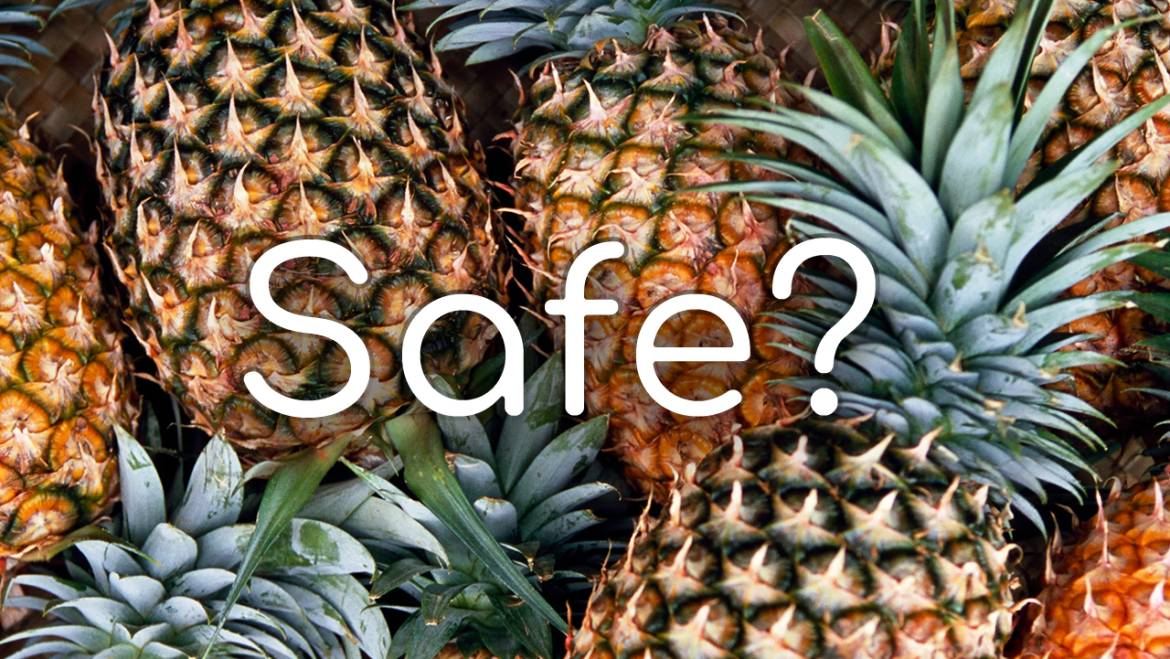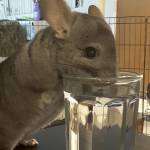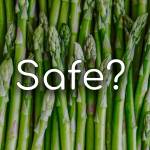Chinchillas are adorable and gentle creatures, and as a pet owner, you want to make sure that they have a healthy and balanced diet. It’s crucial to know which foods are safe for your chinchilla to eat and which ones are not. One such food that pet owners may have questions about is pineapple. In this article, we will explore whether or not chinchillas can eat pineapple and discuss the benefits and risks associated with this fruit.
What is Pineapple?
Pineapple is a tropical fruit that is enjoyed all over the world. It’s a good source of vitamins C and B6, potassium, and manganese. Pineapple also contains bromelain, an enzyme that can help break down protein and aid in digestion. While humans can enjoy the benefits of this delicious fruit, can chinchillas do the same?
Can Chinchillas Eat Pineapple?
Yes, chinchillas can eat pineapple, but it should be given in moderation. Pineapple is high in sugar, and over-consumption can lead to health problems such as diarrhea and stomach upset. It’s important to remember that chinchillas have sensitive digestive systems and require a specific diet to maintain good health. Pineapple should be considered a treat and not a staple food in their diet.
Benefits of Pineapple for Chinchillas
While pineapple should be given in moderation, there are benefits to feeding your chinchilla this tropical fruit. Pineapple contains vitamin C, which is essential for chinchillas since they cannot produce this vitamin on their own. Vitamin C plays an essential role in maintaining a healthy immune system, and a deficiency can lead to health problems such as scurvy.
Pineapple also contains bromelain, an enzyme that can help break down protein and aid in digestion. This enzyme can help your chinchilla digest their food more efficiently and can prevent digestive problems such as bloat.
Risks of Pineapple for Chinchillas
As mentioned earlier, pineapple should be given in moderation. Overfeeding pineapple can lead to health problems such as diarrhea and stomach upset. Pineapple is high in sugar, and over-consumption can also lead to obesity, dental problems, and other health issues. It’s important to remember that chinchillas have sensitive digestive systems, and sudden changes in their diet can lead to digestive problems.
How to Feed Pineapple to Your Chinchilla
If you decide to feed your chinchilla pineapple, it’s essential to do it in moderation. A small amount of pineapple once a week is enough to provide your chinchilla with the benefits of this fruit. Before feeding pineapple to your chinchilla, make sure to wash it thoroughly and cut it into small pieces. This will make it easier for your chinchilla to eat and digest.
It’s also important to introduce new foods slowly to your chinchilla. Sudden changes in their diet can lead to digestive problems, and it’s essential to monitor your chinchilla’s health after introducing new foods.
Other Fruits that Chinchillas Can Eat
While pineapple is safe for chinchillas to eat in moderation, it’s essential to remember that it’s not the only fruit that they can eat. Here are some other fruits that are safe for chinchillas to eat in moderation:
- Apples: Apples are a great source of vitamins A and C and are safe for chinchillas to eat. However, they should be given in moderation, and the seeds should be removed.
- Bananas: Bananas are a good source of potassium and are safe for chinchillas to eat. However, they are high in sugar and should be given in moderation.
- Blueberries: Blueberries are a great source of antioxidants and are safe for chinchillas to eat. They should be given in moderation due to their high sugar content.
- Grapes: Grapes are a good source of vitamins C and K and are safe for chinchillas to eat. However, they should be given in moderation due to their high sugar content.
- Kiwi: Kiwis are a good source of vitamin C and are safe for chinchillas to eat. However, they should be given in moderation due to their high sugar content.
It’s important to remember that while these fruits are safe for chinchillas to eat, they should be given in moderation. Fruits are high in sugar, and over-consumption can lead to health problems such as obesity and dental issues.
Foods to Avoid Giving Your Chinchilla
While there are many foods that are safe for chinchillas to eat, there are also foods that you should avoid giving them. Here are some foods that are not safe for chinchillas to eat:
- Chocolate: Chocolate contains theobromine, which is toxic to chinchillas.
- Avocado: Avocado contains persin, which is toxic to chinchillas.
- Onions: Onions contain compounds that can be toxic to chinchillas.
- Garlic: Garlic contains compounds that can be toxic to chinchillas.
- Nuts: Nuts are high in fat and can lead to obesity and other health problems in chinchillas.
It’s important to remember that chinchillas have sensitive digestive systems and require a specific diet to maintain good health. Always research before introducing new foods to your chinchilla and consult with a veterinarian if you have any concerns.
In conclusion, chinchillas can eat pineapple, but it should be given in moderation. Pineapple contains vitamin C and bromelain, which can provide health benefits to your chinchilla. However, over-consumption of pineapple can lead to health problems such as diarrhea and stomach upset. It’s important to remember that chinchillas have sensitive digestive systems and require a specific diet to maintain good health.
When feeding pineapple to your chinchilla, make sure to do it in moderation and introduce new foods slowly. It’s also important to remember that pineapple is not the only fruit that chinchillas can eat. Apples, bananas, blueberries, grapes, and kiwis are also safe for chinchillas to eat in moderation.
As a responsible pet owner, it’s crucial to provide your chinchilla with a healthy and balanced diet. Avoid feeding them foods that are toxic or high in sugar, and always consult with a veterinarian if you have any concerns. With the right diet and care, your chinchilla can live a long and healthy life.







